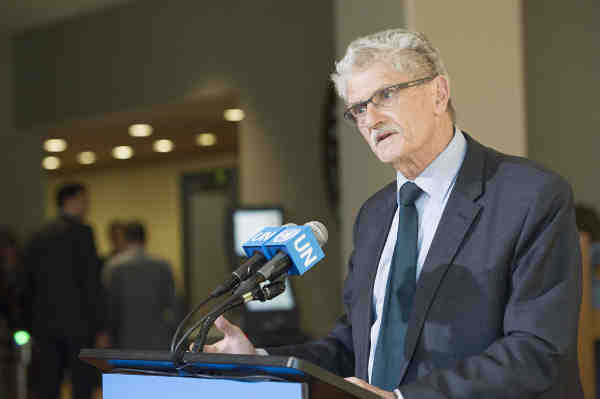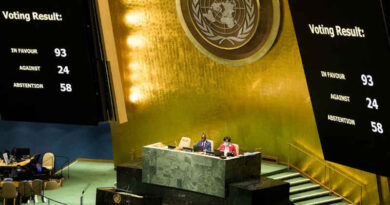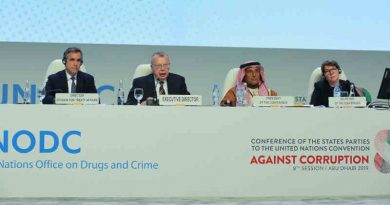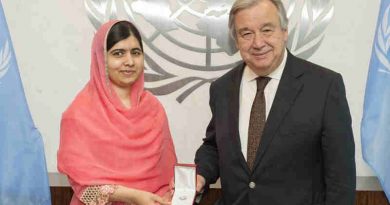Who Will Be the Next UN Secretary-General?

Three days of informal briefings came to an end Thursday after nine candidates for the position of the next United Nations Secretary-General answered all together some 800 questions from the UN membership and the public on how, if selected, they would lead the world body.
The current Secretary-General Ban Ki-moon was appointed for a second term of office from 1 January 2012 to 31 December 2016.
“We have established a new standard of transparency and inclusivity for the appointment process, but it has the potential also to influence the final outcome of the selection of the Secretary-General,” UN General Assembly President Mogens Lykketoft told reporters at the conclusion of the public dialogues.
Starting on Tuesday, each candidate was given a two-hour televised and webcast timeslot. Prior to opening up the floor for questions from UN delegates and civil society representatives as well as from the public through social media, candidates gave short oral presentations – their “vision statements” – addressing challenges and opportunities facing the UN and the next Secretary-General.
[ Visit and Support: Friends of the Future Free Schools for Children ]
Below is a list of candidates in the order they appeared before the Assembly:
Igor Luksic, current Deputy Prime Minister and Minister of Foreign Affairs and European Integration of Montenegro.
Irina Bokova, current Director-General of the United Nations Educational, Scientific and Cultural Organization (UNESCO), nominated by Bulgaria.
Antonio Guterres, most recently the UN High Commissioner for Refugees, nominated by Portugal.
Danilo Türk, former President of Slovenia.
Vesna Pusić, Minister of Foreign and European Affairs and First Deputy Prime Minister of Croatia.
Natalia Gherman, former first Deputy Prime Minister and Minister of Foreign Affairs and European Integration of the Republic of Moldova.
Vuk Jeremic, President of the 67th session of the UN General Assembly and a former Foreign Minister of Serbia.
Helen Clark, former Prime Minister of New Zealand and the current Administrator of the UN Development Programme.
Srgjan Kerim, former Minister of Foreign Affairs of the former Yugoslav Republic of Macedonia and was the President of the 62nd session of the UN General Assembly.
According to Mr. Lykketoft, almost every country was represented in the audience to ask questions during the dialogue.
With more candidates possibly joining the current nine, more informal briefing could be held in the coming week and months.
Mr. Lykketoft noted that he was inspired by the interest the public has shown in this selection process, with more than 227,000 people from 209 different countries and territories having visited his website.




